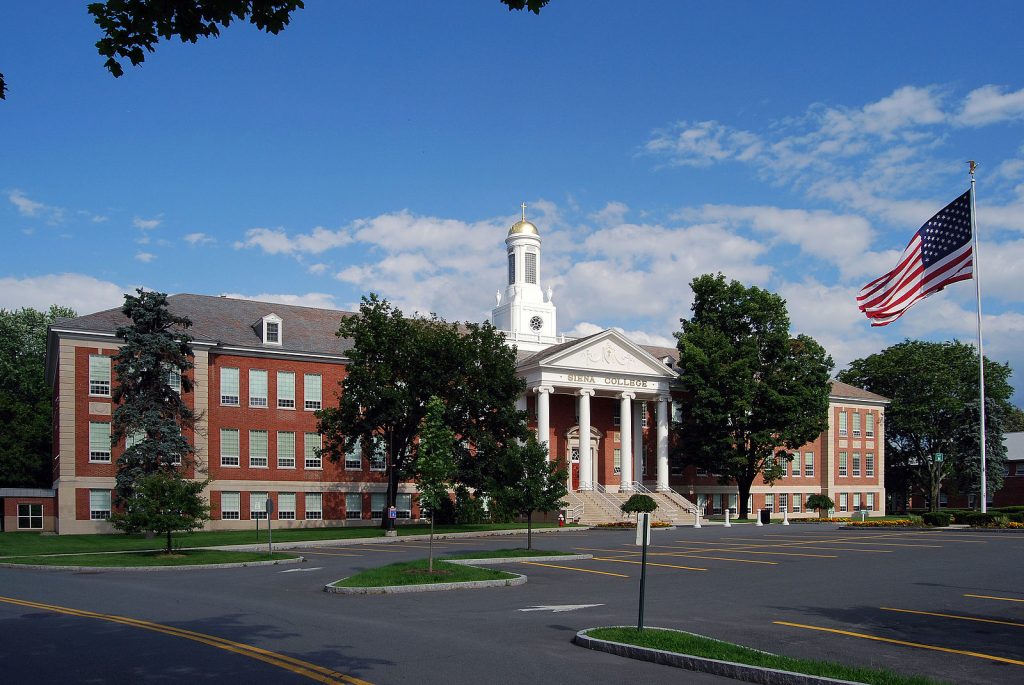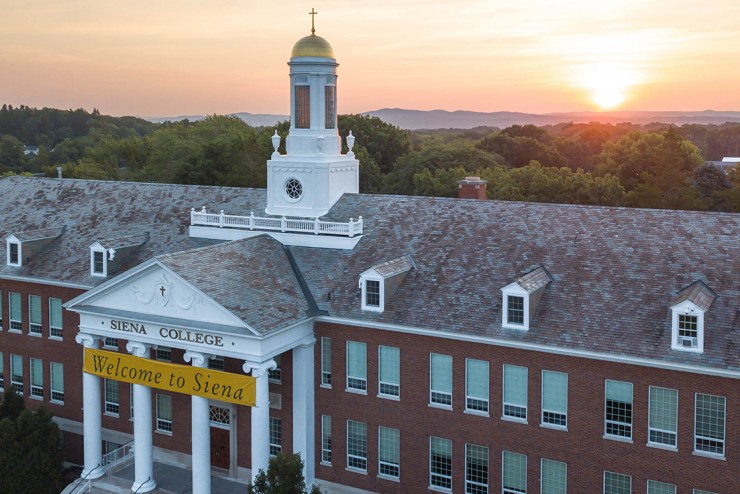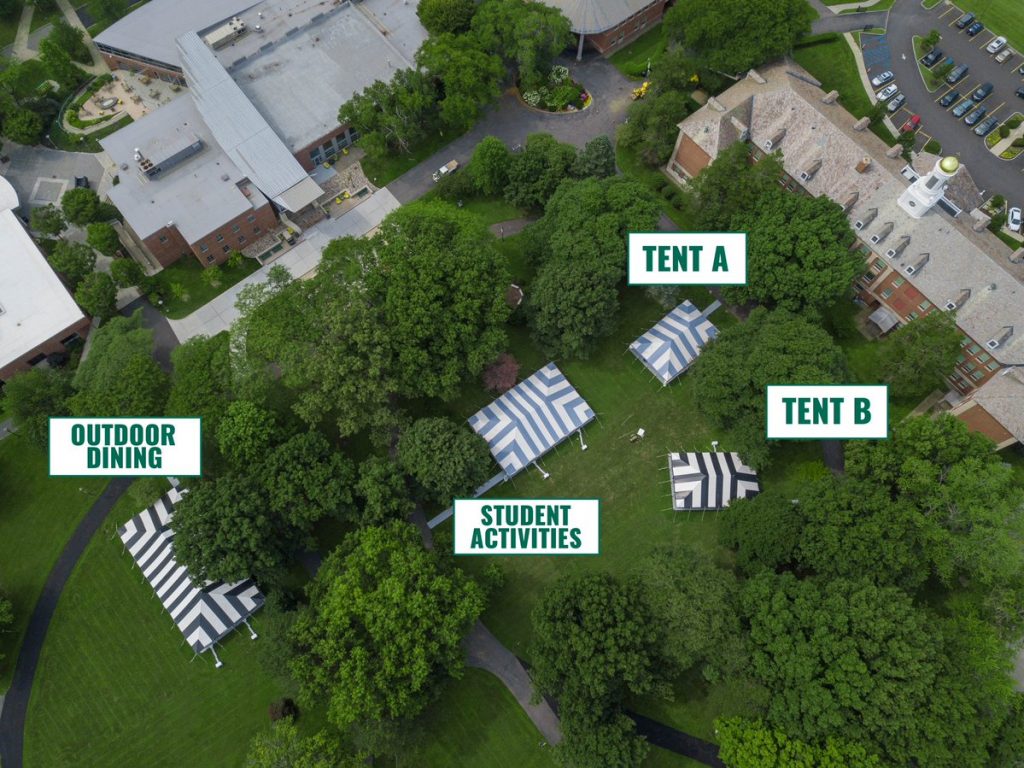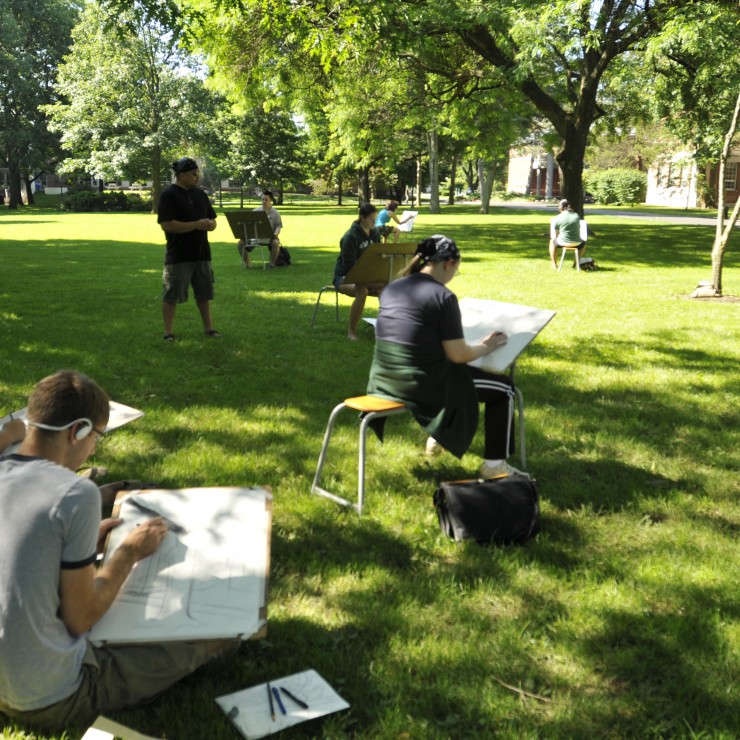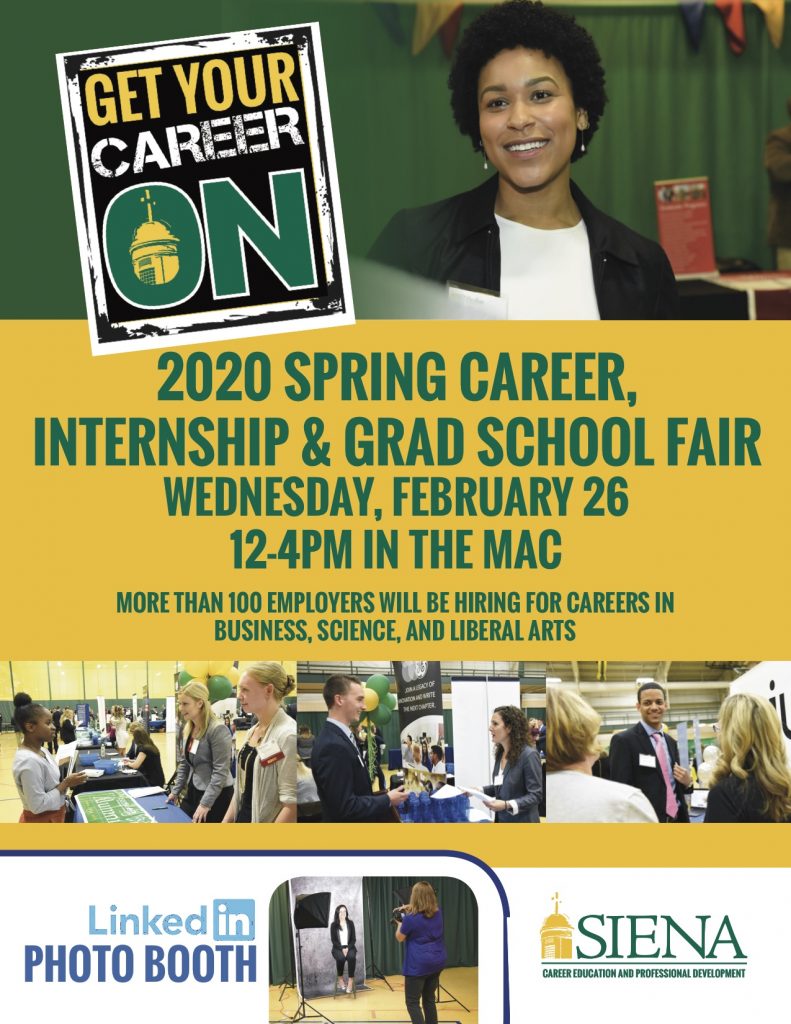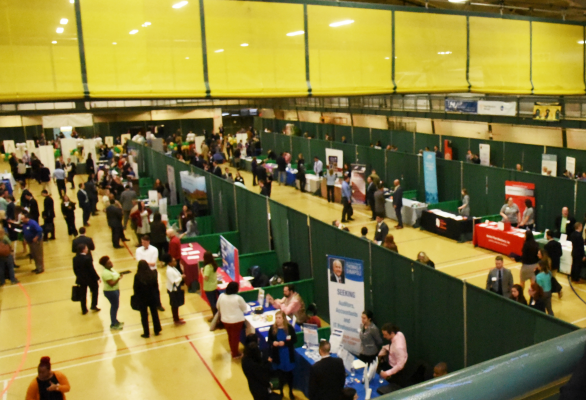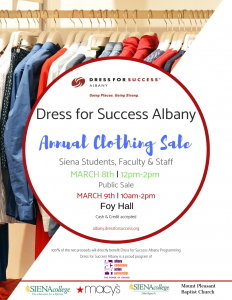By: Kiera Mitru
We the People of Siena College gathered on the evening of September 22nd to discuss the importance of our voices and our votes ahead of the November 2020 election. During this virtual gathering, a panel of Siena Community members was moderated by Dr. Leonard Cutler, who is the school’s Pre-Law Advisor and professor of classes including topics on Constitutional and Criminal Law. Dr. Cutler shared that although the program had mostly focused on student voter turnout, “every member of the Siena Community is encouraged to vote in this election”.
The panelists engaged in a conversation that touched upon many different topics in the sphere of modern politics and voting concerns. Those that sat on the panel were Dr. Chris Gibson (Siena College President), Professor Annie Rody-Wright (Senior Teaching Assistant, Prof. of FYSM, and Sociology), Amir Taylor (Junior Political Science major on a Pre-Law Track), and Sami DeRagon (Junior Political Science major on a Pre-Law Track and Political Science Society President). The diversity in the academic and personal backgrounds of these individuals fueled a productive, inspirational, and fruitful discussion.
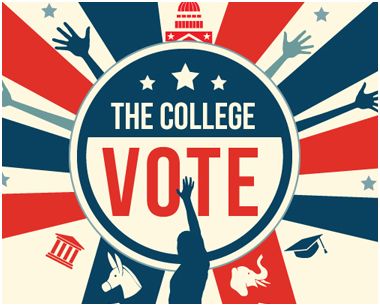
Professor Rody-Wright shared information about voter suppression, and how it is specifically prevalent among incarcerated populations. Honoring the recent passing of Supreme Court Justice Ruth Bader Ginsburg, Rody-Wright discussed RBG’s dissents from the bench and the way she would do so in order to “appeal to a future day”. Justice Ginsburg understood that the Voting Rights Act of 1965 was the only vehicle that would ensure fair elections, and never wavered in defending Voting Rights for all. Rody Wright added a very fitting quote from Maya Angelou to the dialogue, when showing up to cast one’s ballot “I come as one but stand as 10,000”. Enacting and encouraging the changes we wish to see in our government starts with voting. It continues when the voting population shows up for their community, when they show up to conversations with their representatives, and when they inspire others to get involved in movements both big and small.
Dr. Chris Gibson continued to touch upon the importance of the Voting Rights Act by calling it “The Crown Jewel of our democracy”. Inspired by the rise of youth voter turnout, Siena’s president shared that on his first day in office he coined an initiative that would seek to engage 100% of the Siena Community in a voter registration and participation effort. The Siena Votes team has worked to facilitate dropbox areas in multiple places around campus where individuals can find absentee ballot registration forms. Through this initiative, students and faculty can also take advantage of postage paid for by the College in requesting and submitting their ballots through October.
Sami DeRagon, as the president of the campus’ Political Science Society, has been at the forefront of the 100% voter registration and turnout initiative that President Gibson proposed at the beginning of his term at Siena. DeRagon shares that “Dr. Gibson set the tone on campus for Siena’s involvement in this election”. This conversation also explored the rise of youth voting in recent years, DeRagon sharing that Gen Z and Millennial voters make up 40% of participants in the latest elections. This means that 40% of voters are 18-38 years old, providing hope for a future that will be shaped and guided by new and politically-active perspectives.
In 20 states across the country, more young people are registering to vote than did in the 2016 election. In recent election years, there has been more than double the amount of active young voters than there have been in the past. Amir Taylor connected with students who may feel that their vote doesn’t matter. His message was strong and clear, and he urged his fellow students, especially those whose ancestors fought for their right to vote, to be politically active early and often.
If this event got one message home, it’s the message that our voices and our votes matter. Let us use this message and this election to incite and inspire the positive change we wish to see in this world. It is said that every long journey begins with one single step, and it’s clear to see that Saints are taking strides toward a more just future.
For more information and resources regarding the upcoming election, students and faculty can reach out to vote@siena.edu to interact with a voter registration hotline.
